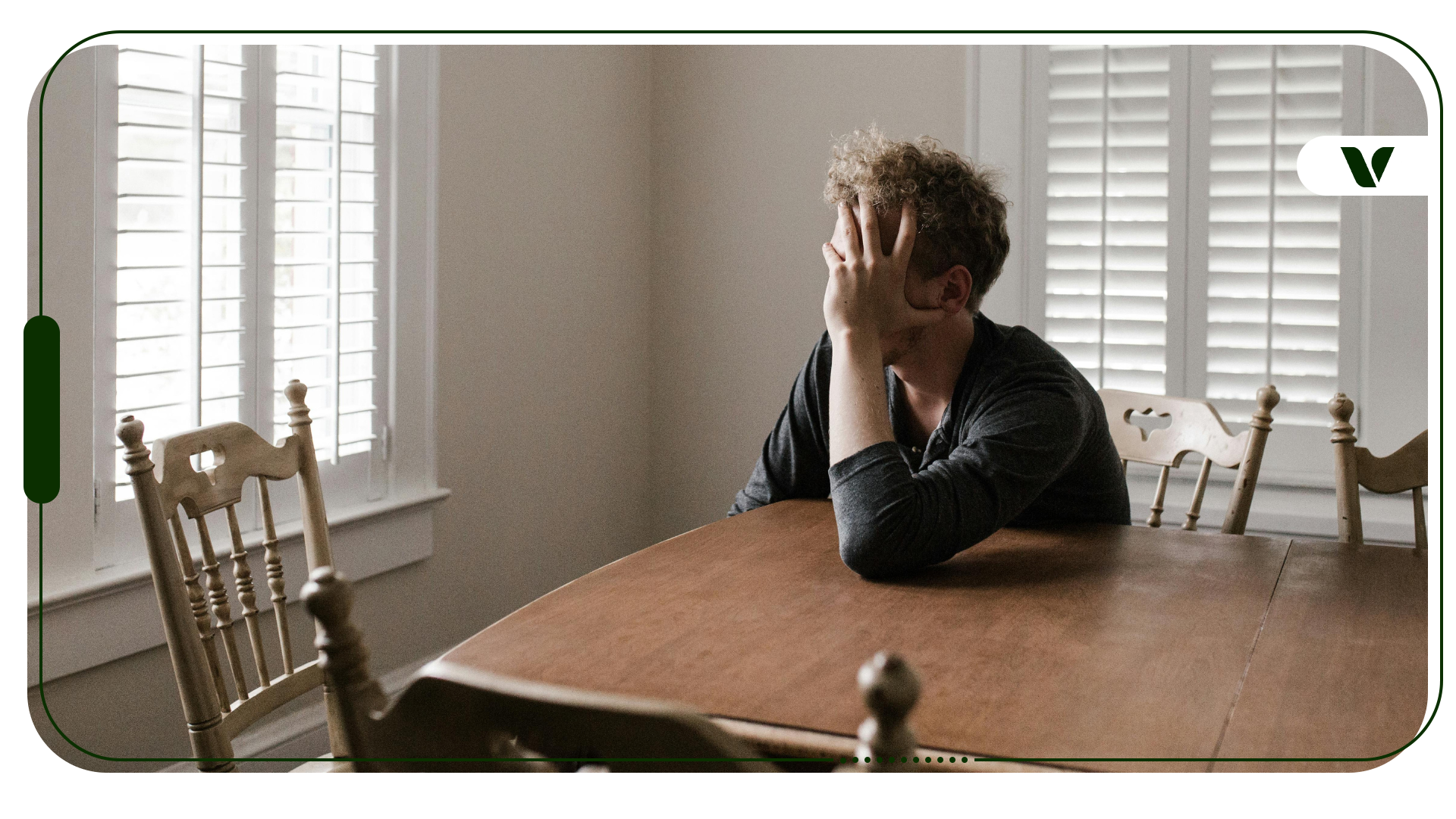The people of Japan, a country renowned for its sushi cuisine scene, iconic Mount Fuji, and eye-catching cherry blossom trees, may soon have access to legal medicinal marijuana for intractable diseases. On Tuesday, January 24, several legislative bills were unveiled by the Japanese government. One of the proposed bills would amend the Cannabis Control Law during the current 150-day Diet session, which launched on Monday, January 23. Based on Japan’s Cannabis Control Law—A.K.A. ‘1948 Law No. 124’—the use and application of medicines manufactured from “marijuana” to any person are currently prohibited. Aside from Japan legalizing medical marijuana and forging a legal pathway that enables patients to use drugs made from cannabis plants, the amended legal law also seeks to criminalize the use of marijuana.
Although cannabis has been grown in Japan since the Jōmon period of Japanese prehistory—approximately 6,000-10,000 years ago—the country’s existing marijuana control law contains no provision that punishes users.
Lack of education means that marijuana is still deemed a “gateway drug” in Japan, where the government believes that it encourages other forms of narcotic abuse. Moving forward, the government plans on implementing new laws as a way of preventing drug abuse among young people.
Japan Health Panel Recommends Legal Medicinal Marijuana Imports and Use
In September of last year, a Japanese health ministry panel recommended amending the nation’s drug laws to permit medicinal cannabis importation and use. According to a report published by the committee, the recommendation was put before lawmakers to realign Japan’s cannabis laws with international standards.
Based on a report published by the committee, a mere 1.4% of Japanese people are believed to have used marijuana in their life – significantly less than the 20-40% who have used the plant in Western countries. The disparities in consumption could be attributed to the fact that Japan implements harsh laws forbidding the use, production, and importation of illicit substances.
Japan’s latest Cannabis Control Law revisions would apply to pharmaceutical-grade medicinal cannabis products. The report states that the revision is an essential move for ensuring the legal use of cannabis-derived epilepsy drug Epidiolex, which is currently being reviewed as part of a series of clinical trials in Japan.
Why You Should Get Your Medical Marijuana Card
Veriheal has satisfied millions of patients nationwide by giving them access to these benefits
- Larger purchase limits
- Peace of mind
- Enhanced legal protection
- Access to higher potency strains
- Save up to 25% on cannabis purchases
- Skip the line at the dispensary
Japan’s Cannabis Market Quadrupled in Just a Few Years
Last year, the Japanese cannabis market was researched for the very first time by Euromonitor International – a London-headquartered market research company. Although the seeds of a legal market are only just beginning to sprout out of Japan’s prohibitionist landscape, there’s no denying the fact that the growth opportunities are immense in this East Asian country.
In particular, there is ample opportunity for health-conscious consumers seeking products to ease pain and induce a good night’s rest. Within the space of a few years, Japan’s cannabis market has quadrupled in size. Data suggests that the market has inflated from JPY4 billion (USD$3 billion) in 2019 to JPY17 billion (USD$13 billion) in 2022.
Unfortunately, the Japanese medical cannabis market is starved of investments and involvement from local, large-scale companies. Additionally, due to legal uncertainties, consumer awareness and understanding is limited. Nonetheless, hope prevails, with regulation change forecast to transpire this year. By 2027, legal cannabis in Japan is predicted to generate sales revenue in the realm of JPY103 billion (USD$79 billion).
Cannabis Was Prohibited in Japan in 1948
Since 1948, when cannabis was forbidden across Japan as part of the Cannabis Control Act, the country’s prohibitive legislation has not been majorly amended. However, ever-evolving cannabis regulations in other Asian countries like Thailand have inspired lawmakers to adopt policy change in Japan.
For example, in 2021, the Ministry of Health, Labour and Welfare (MHLW) established a professional committee to review the Cannabis Control Act, with the Act’s most recent revisions expected to be officially effectuated this year. Until this happens, the Japanese police and the WHLW will continue to treat cannabis in the same way as other “hard” narcotics, including cocaine, heroin, and methamphetamine.
Currently, consumer knowledge is severely limited, with most Japanese people wrongly confusing non-intoxicating elements of the cannabis plant like cannabidiol (CBD) with illegal cannabis. Due to the country’s strict zero-tolerance approach to cannabis, rates of illicit consumption amongst adults are low.
Around 0.2% of the Japanese population (15-64 years old) is thought to illegally consume cannabis a minimum of once annually. Comparatively, approximately 10% of the same age group in Western nations use cannabis illegally.
Author, Share & Comments








